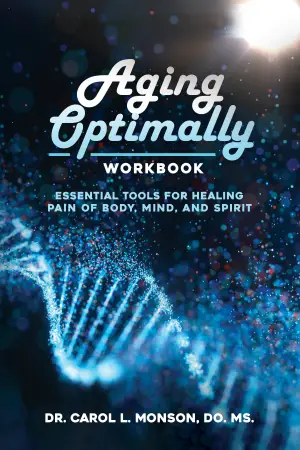I recently delved into The Correspondent by Virginia Evans, a debut novel that is already being hailed as a national bestseller and a cause for celebration by literary figures like Ann Patchett. Being a lover of contemporary fiction that explores relationships and the complexities of personal journeys, I was drawn to this book because of its focus on the power of the written word and the intimacy provided by letter writing.
The Correspondent tells the story of Sybil Van Antwerp, a woman whose life unfolds through letters she writes to various people, including friends, family, and even her literary idols. As I settled into this epistolary format, I was captivated by the nuance and depth Evans brought to Sybil’s character—she feels genuine and relatable, like a neighbor from whom you’d expect a thoughtful letter filled with insights. It’s great to see how the book captures the beauty of reconnecting with those we love, offering a refreshing perspective in a fast-paced world often dominated by digital communication.
The positives are numerous. Firstly, Evans’s writing style is exquisite. Her prose flows beautifully, with a grounded, emotionally charged honesty that makes you feel every triumph and heartache alongside Sybil. One of my favorite aspects is the way themes of forgiveness and redemption are delicately interwoven; it truly reflects life’s ups and downs and invites readers to reflect on their own lives. Additionally, the rich character development allows you to form a real emotional attachment to Sybil and those around her. I agree with the sentiments of a reader who mentioned that the characters are "varied, nuanced, and real." They feel like fully fleshed-out individuals rather than mere plot devices.
Another highlight was the pacing, which mimics the natural flow of life—sometimes slow and contemplative, at other times quickening in moments of urgency. Several reviewers have noted how the format of letter writing evokes a sense of nostalgia and connection that is rare in today’s storytelling. It was a moving reminder of how our words can leave lasting imprints on our relationships, as well as the importance of taking the time to really communicate with one another.
That said, there are a few drawbacks that didn’t quite escape my notice. While I found the epistolary style engaging, some readers potentially less invested in the format might find it slower pacing in sections. Sybil’s reflections can sometimes come across as overly introspective, which may not appeal to everyone. Additionally, while her emotional journey is compelling, some aspects—like the resolution of certain conflicts—could feel a tad rushed compared to the depth of the preceding letters. Certain character arcs, particularly those involving secondary figures, seemed to receive less attention than I had hoped.
Despite these minor concerns, I enjoyed how the book captivated my attention and provoked thought—a sentiment echoed by many other readers who found themselves immersed in Sybil’s world. As M.C. mentioned, I felt torn between savoring the prose and racing to uncover what would happen next.
With its beautiful themes of life, aging, and growing through personal mistakes, The Correspondent is more than just a story about letter writing; it’s an exploration of human connection. The depth of the characters leaves a memorable impact, and Sybil stands out as one of the most distinct narrative voices I’ve encountered this year.
In conclusion, I wholeheartedly recommend The Correspondent to readers looking for a thoughtful, introspective journey that celebrates the art of connection through words, even if the letter-writing format might not be everyone’s cup of tea. Virginia Evans has certainly made an impressive debut—one that I believe many, especially those over 30, will appreciate for its wisdom and warmth. If you’re in the mood for a heartfelt read that encourages reflection and connection, this book is a must-add to your reading list.








